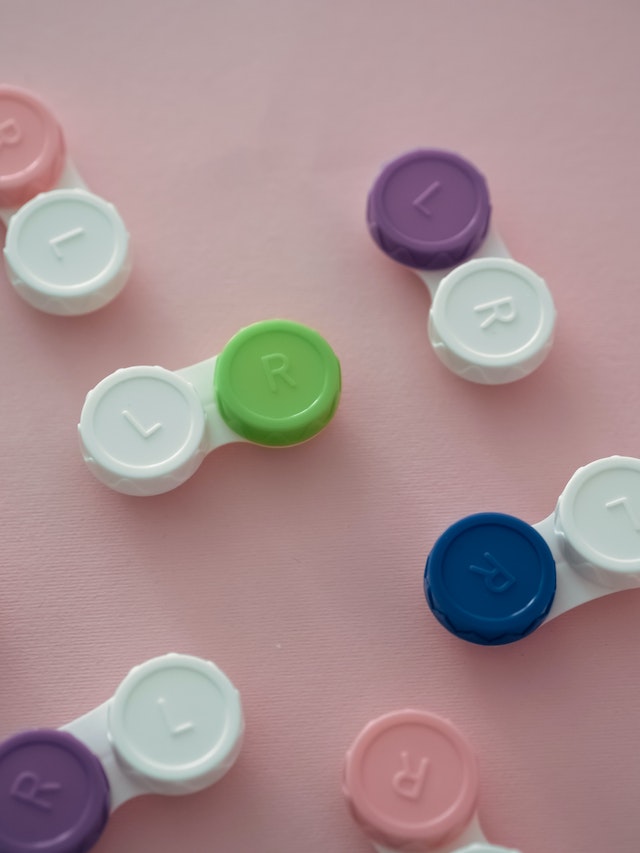When selecting contact lenses, there are several key factors to consider to ensure a comfortable fit and optimal vision correction. Here are the main factors you should keep in mind:
1. Prescription
Contact lenses are available in various types, including spherical, toric (for astigmatism), multifocal (for presbyopia), and colored lenses. Ensure that the lenses you choose match your prescription requirements.
2. Material
Contact lenses are typically made from either soft or rigid gas permeable (RGP) materials. Soft lenses are more popular due to their comfort and ease of use, while RGP lenses offer sharper vision but may require a longer adaptation period.

3. Base Curve and Diameter
The base curve refers to the curvature of the lens, while the diameter refers to its size. These measurements are crucial for a proper fit. Your eye care professional will determine the appropriate base curve and diameter based on your eye’s shape and size.
4. Oxygen Permeability
The ability of contact lenses to allow oxygen to reach your eyes is important for maintaining eye health. Look for lenses with high oxygen permeability, especially if you plan to wear them for extended periods.
5. Moisture Content
Contact lenses with higher moisture content tend to be more comfortable, as they help prevent dryness and provide better lubrication for your eyes. However, lenses with high moisture content may not be suitable for everyone, so it’s best to consult with your eye care professional.
6. Replacement Schedule
Contact lenses come in various replacement schedules, such as daily disposables, bi-weekly, or monthly lenses. Consider your lifestyle, hygiene preferences, and maintenance routine to determine which replacement schedule is most convenient for you.
7. Allergies and Sensitivities
If you have known allergies or sensitivities, discuss them with your eye care professional. They can recommend contact lenses that are less likely to cause irritation or discomfort.
8. Eye Shape and Tear Film
Your eye shape and tear film composition can affect the fit and comfort of contact lenses. A proper eye examination by an eye care professional can help determine the most suitable lens type for your specific needs.
9. Lifestyle and Activities
Consider your lifestyle and activities when selecting contact lenses. For instance, if you’re involved in sports or have an active lifestyle, you might prefer lenses that offer better stability and a snug fit.
10. Follow-up Care
Regular follow-up appointments with your eye care professional are crucial to monitor your eye health and ensure that the contact lenses are still the right fit for you. Make sure you can commit to these appointments and follow the recommended care instructions for your lenses.
It’s essential to consult with an eye care professional, such as an optometrist or ophthalmologist, to get a comprehensive eye examination and receive personalized advice on selecting the most suitable contact lenses for your specific needs.











